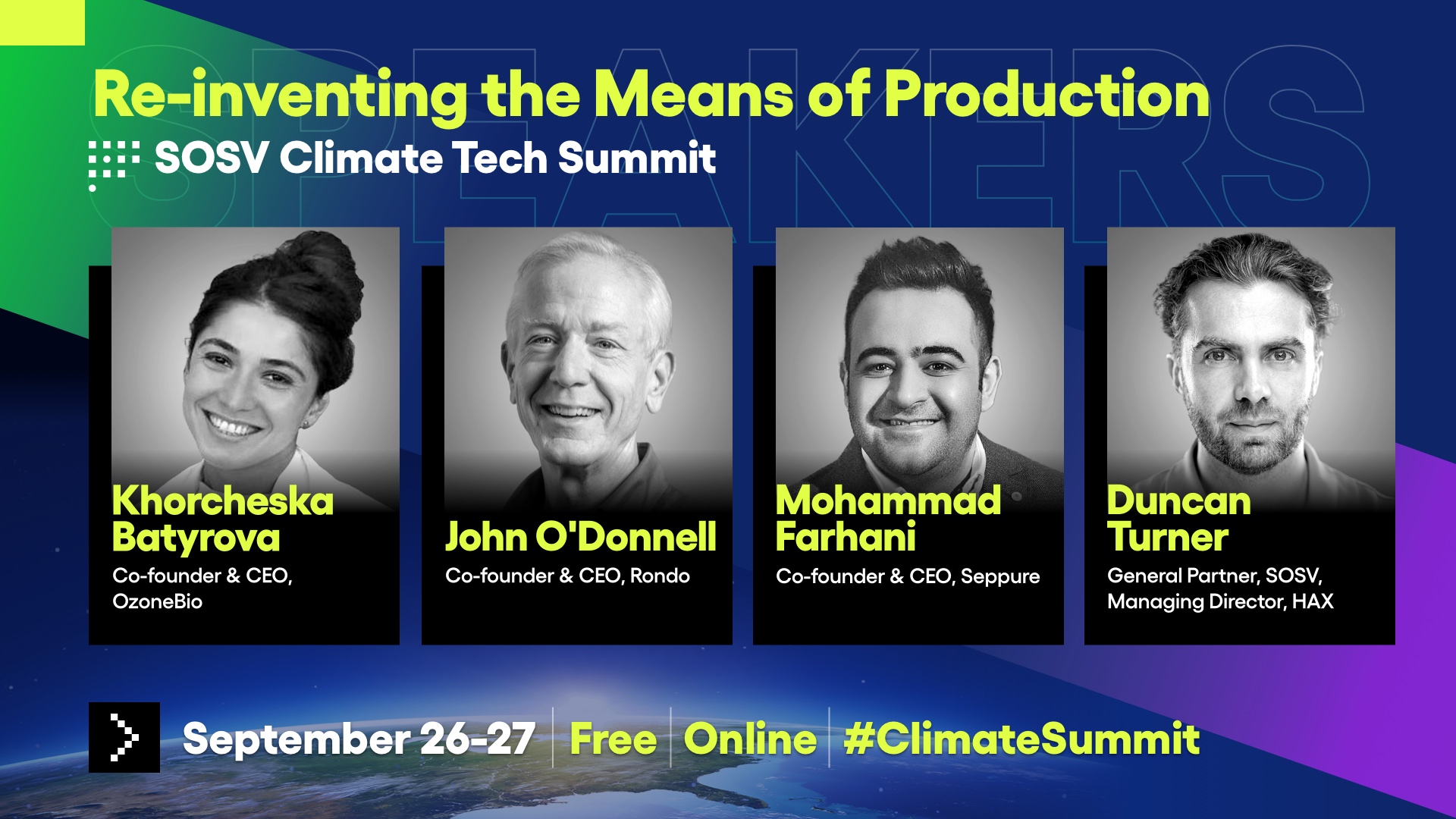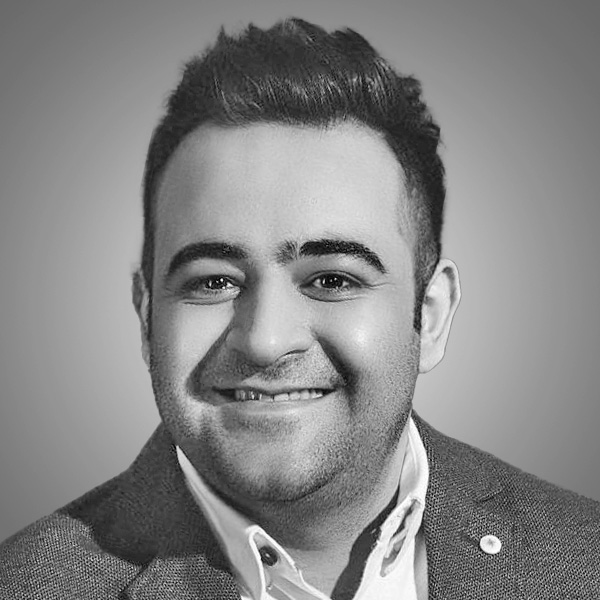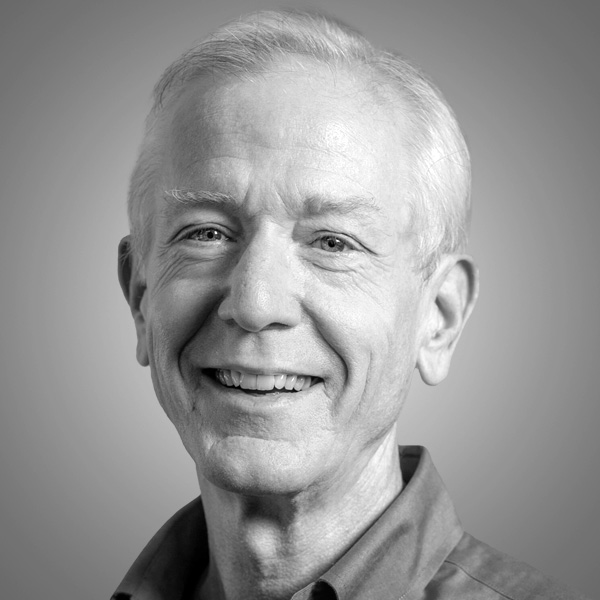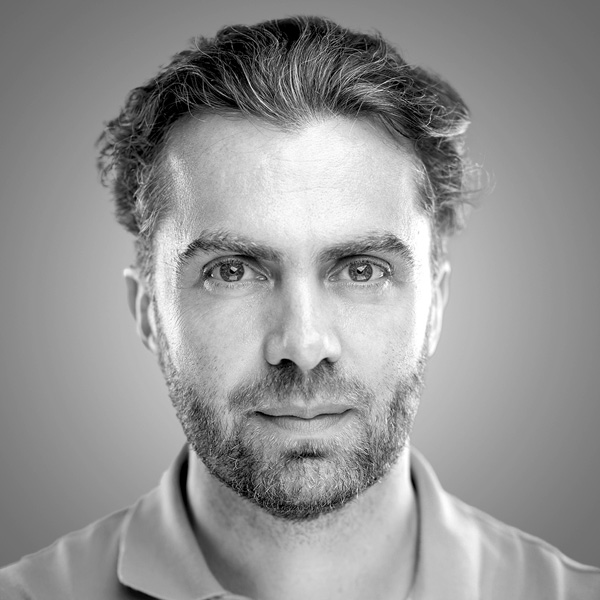
Every sector wants to decarbonize. Perhaps none will have a harder time of it than industry, as the materials and products we use daily often rely on fossil fuels for energy, heat, and feedstock. In 2022, steel, cement, chemicals, aluminum, paper, and light industry generated a quarter of global CO2 emissions according to the International Energy Agency (IEA). For net-zero by 2050, the IEA estimates that industrial emissions must fall 3% per year on average.
The SOSV Climate Tech Summit (Sept 26-27 / free & virtual) gathered a panel of startups aiming to decarbonize chemical separation, industrial heat, and plastics. Can they convince industrial conglomerates to adopt and scale their technologies?
The sectors in question are considered “hard to abate” because they demand breakthroughs in science and engineering rather than mere changes in fuel sources. Moreover, industrial plants have long lifespans, so companies hesitate to retire assets that have decades of use left. The startups in this panel must demonstrate that their methods can match or outcompete the old means of production both on quality and long-term costs.
SepPure Technologies has developed a heatless method for chemical separation, a process used in food, pharmaceutical, and petrochemical production. While chemical separation normally requires energy intensive heat, SepPure reduces energy requirements by 90% by using proprietary nano-filters that separate chemicals at the molecular level. A graduate of SOSV’s HAX startup program, Singapore-based SepPure raised a $12M Series A in February 2023 led by SOSV with Anji Microelectronics, RealTech Holdings, SEEDS Capital, EPS Ventures, and others participating. Dr. Mohammad Farhani, founder of SepPure, joined the panel.
Rondo Energy has developed a refractory brick heat battery that converts intermittent energy sources like wind and solar into a continuous supply of industrial heat and energy. Based in Alameda, Calif., the company aims to eliminate 15% of global CO2 emissions in 15 years and has partnered with Siam Cement Group (SCG) to build the world’s largest battery factory in Thailand with an annual capacity of 90 GWh. Since 90% of industrial processes require heat (per Rondo’s estimate), the addressable market is massive. On August 18, Rondo announced $60M in new funding from a mix of VC and industrial heavyweights including Breakthrough Energy Ventures, Energy Impact Partners, TITAN Cement Group, Microsoft’s Climate Innovation Fund, Rio Tinto, Aramco Ventures, Siam Cement, and John Doerr. Founder and CEO John O’Donnell joined the panel.
OzoneBio converts toxic waste into valuable materials and products using a process called “dead cell fermentation.” The company has successfully used “zombie cells” (cells that have stopped dividing) from plant matter to produce the commercially important (think yoga clothing) Nylon6,6 polymer in way that eliminates the N2O emissions – a greenhouse gas 300 times more potent than CO2 – – associated with the current petro-checmical-based production methods. A graduate of SOSV’s IndieBio startup program, OzoneBio has raised funding from SOSV, Lowercarbon Capital, and Accelr8. OzoneBio founder and CEO Dr. Khorcheska Batyrova joined the panel.
Duncan Turner, General Partner at SOSV and Managing Director of HAX, moderated the discussion.
Can deep tech startups remake the means of industrial production with a green discount? Catch the full session—and all others from this year’s Summit—here.
The Speakers

Dr. Mohammad Farahani
Dr. Mohammad Farahani is an entrepreneurial scientist. He is the Founder and CEO at SepPure Technologies, the cleantech startup revolutionizing industrial chemical recycling. He received his Ph.D. in Chemical & Biomolecular Engineering from the National University of Singapore (NUS) and has 3 patents on nanofiltration membranes, 12 years of membrane-related experience, and over 30 publications with 2100+ citations to his name. He received the title “Innovators Under 35” in the Asia Pacific from MIT Technology Review in 2020 and the “Outstanding Young Alumni Award” from NUS.

John O’Donnell
John O’Donnell has over 30 years of experience taking novel solutions from conception to reality across the energy, semiconductor and supercomputer industries. Prior to founding Rondo, John served as co-founder and vice president of development for GlassPoint Solar, which delivered solar industrial heat worldwide. He previously co-founded and led Ausra, a pioneer in solar thermal electric systems. John served as a lead engineer for Princeton Plasma Physics Laboratory, where he designed award-winning technology to support fusion experiments. He is a published author of numerous technical papers and holds more than 20 patents in the U.S. and internationally. John earned a B.Sc. with Special Distinction in Computer Science from Yale University.

Dr. Khorcheska Batyrova
Dr. Khorcheska Batyrova (PhD in biotechnology) is the CEO of OzoneBio. From 2016-2021 she worked at University of Toronto on different complex enzymes for industrial applications. In 2021, she and her co-founder Anna Khusnutdinova decided to start OzoneBio and developed novel “Zombie cells” biocatalysis to upcycle toxic feedstocks into high value bio-products.

Duncan Turner
Duncan Turner is a General Partner at SOSV, and the Global Managing Director of HAX, the world’s first and largest VC-backed program for hard tech. He has invested in over 100 hard tech companies and serves on multiple boards in the climate, industrial and healthcare sectors. Before joining SOSV, he led design and engineering strategy projects for Fortune 500 companies at the global innovation firm IDEO. Duncan obtained his Master’s from the Royal College of Art & Imperial College. His design and engineering work has won multiple awards and is included in the permanent collection at The Museum of Modern Art. He has a deep passion for new technologies and engineering breakthroughs that can benefit our planet.
